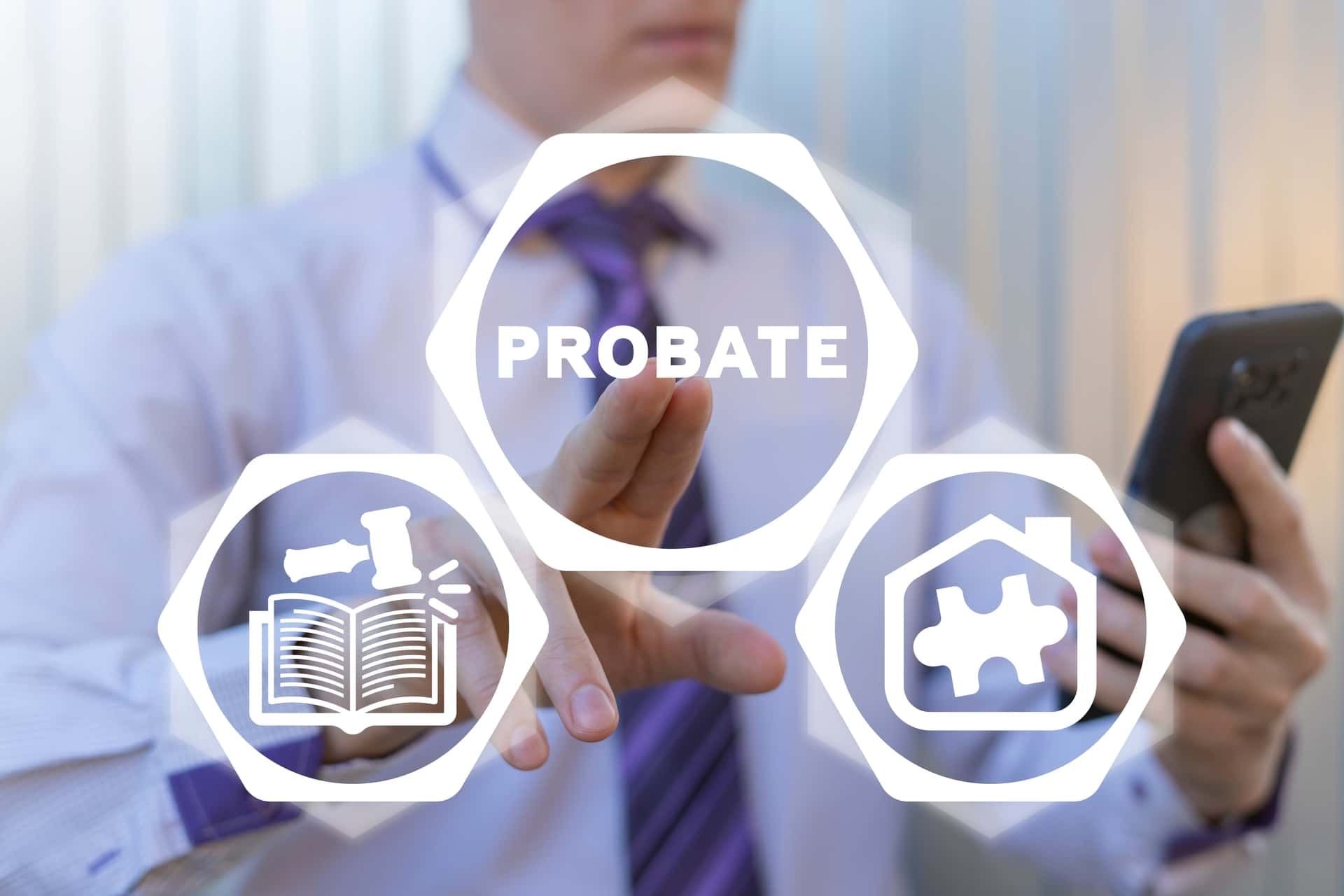Can an Irrevocable Trust Be Amended? Exploring the Pros and Cons
When it comes to estate planning, an irrevocable trust is one of the most popular and effective options for protecting the assets of a deceased individual or family. Irrevocable trusts are legally binding and cannot be modified or revoked once they have been established.
However, there are certain circumstances in which an irrevocable trust can be amended or modified. In this blog, we will explore the pros and cons of amending an irrevocable trust and examine the different approaches to making changes.
We’ll also discuss the legalities of amending an irrevocable trust and how you can go about making changes to an existing trust. By the end of this article, you should have a better understanding of the process of amending an irrevocable trust and the potential benefits and drawbacks of doing so.
What Is an Irrevocable Trust?
An irrevocable trust is an agreement where a third party holds title to certain assets (i.e., money, real estate, stocks, shares) on behalf of a grantor (the person who sets up the trust).
The grantor transfers the assets from their name into the name of the third party in order to protect them from claims by creditors and outside parties. While the grantor is alive, they remain the owner of the assets and are free to manage and use them as they please.
However, upon death, the assets are transferred to the beneficiaries specified by the grantor during the creation of the trust. The grantor is typically responsible for making regular contributions towards the trust’s expenses and has the option of naming themselves as the trustee or appointing a third party to oversee the trust.
By the time the grantor dies, the trust has usually grown to a significant size and can provide a long-term source of income for beneficiaries. You can read more about the different types of trusts in this article.
Can an Irrevocable Trust Be Amended?
By definition, an irrevocable trust cannot be revoked. But it can be amended or modified in certain circumstances. In general, you can go about amending an irrevocable trust in one of two ways:
1. You can go about amending an irrevocable trust by creating a new trust agreement and having the original terms changed.
2. You can go about amending an irrevocable trust by way of a deed of variation.
What’s the difference between these two approaches? The process of amending a trust agreement (the first option) is relatively straightforward and can be completed relatively quickly, yet it comes with certain drawbacks and is not always the best approach.
Going about amending a trust by way of a deed of variation (the second option) is more complex and can be more difficult to implement. But it does offer certain advantages over the first option. We’ll take a closer look at the pros and cons of each approach in a moment. First, continue reading to learn about the legalities of amending an irrevocable trust and when it’s appropriate to do so.
Circumstances in Which an Irrevocable Trust Can Be Amended
There are certain circumstances in which it is possible to amend an irrevocable trust and make changes to the original terms. These include:
1. The trust’s original terms are no longer suitable
2. The trust’s original terms are no longer possible
3. A change in the law has rendered the trust’s original terms outdated
4. One or more of the beneficiaries have changed their circumstances
Going about amending an existing trust can be challenging and complex. It is important to keep in mind that the process of amending an irrevocable trust is only worthwhile if it is essential to do so.
If you make unnecessary changes to the terms of a trust, you risk undermining its effectiveness. Therefore, it is important to be certain that amending an existing trust is necessary before you go ahead with the process.
How to Go about Making Changes to an Existing Trust
There are various steps involved in amending an existing trust, and going about making changes to an existing trust can be complicated and challenging. You should always start by consulting a trust attorney or a qualified financial advisor.
They will be able to assist you with the process of amending an existing trust and provide you with guidance on the best approach to take. Make it a priority to go about amending an existing trust as quickly as possible.
The longer you go without addressing any potential issues, the more difficult it will be to change the trust. Keep in mind that the terms of an irrevocable trust cannot be changed once the trustee has distributed the assets to the beneficiaries. You will thus have to create a new trust to go about amending an existing trust.
However, it is possible to merge two separate trusts together and create one new trust that encompasses the terms of both.
Legalities of Amending an Irrevocable Trust
If you’re considering amending your irrevocable trust, it’s important to understand the legal requirements. Generally, these trusts can only be amended if all the beneficiaries agree or a court grants permission.
The process for obtaining permission depends on state laws and any specific instructions in the trust document. It’s also important to note that irrevocable trusts cannot be amended to benefit the grantor, as this would violate the purpose of the trust.
Pros and Cons of Amending an Irrevocable Trust
Although amending an irrevocable trust can be difficult, there are some significant benefits. If a beneficiary is added or removed, or if the trust’s terms are changed, an amendment can help ensure that the trust remains valid.
This is especially important if a beneficiary has passed away or if there’s been a change in circumstances. Additionally, amending the trust document may be necessary if any of the legal requirements have been violated.
That said, there are also some drawbacks to consider. Amending an irrevocable trust can be costly and time-consuming, especially if there’s a need to go to court. Additionally, if the amendment is denied or rejected, it could be difficult to undo any changes that were made as part of the process.
Ultimately, amending an irrevocable trust can be a complicated process. However, with the right legal guidance and understanding of your options, it is possible to make changes to protect you and your beneficiaries. It’s also important to remember that each situation is unique and may require specialized advice.
For help navigating the complexities of amending an irrevocable trust, contact The
Law Offices of Mary King today. Our experienced firm can provide the information and support you need to make informed decisions about your trust.
The Law Offices of Mary King Are Here to Assist with Your Trust. Call Today
If you’re looking for help amending an irrevocable trust, The Law Offices of Mary King is here for you. Our experienced firm understands the complexities of trusts and can provide legal advice to ensure that your interests are protected. Contact us today at
941-906-7585 to learn more about what we can do for you.
The information in this blog post is for reference only and not legal advice. As such, you should not decide whether to contact a lawyer based on the information in this blog post. Moreover, there is no lawyer-client relationship resulting from this blog post, nor should any such relationship be implied. If you need legal counsel, please consult a lawyer licensed to practice in your jurisdiction.
Disclaimer: The information on this website and blog is for general informational purposes only and is not professional advice. We make no guarantees of accuracy or completeness. We disclaim all liability for errors, omissions, or reliance on this content. Always consult a qualified professional for specific guidance.
RECENT POSTS
CONTACT US






